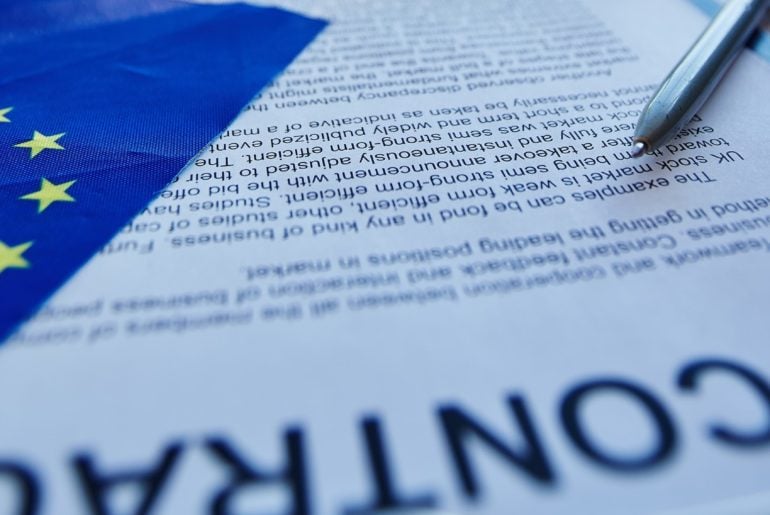28 January 2024 is Data Protection Day (or Data Privacy Day outside of Europe), which marks the anniversary of the Council of Europe’s Convention 108. Data Privacy Day encourages the global community to think about the importance of respecting privacy, safeguarding data, and enabling trust. In an increasingly connected and digitized world, where data protection, privacy and cybersecurity regulation are rapidly evolving, the work of the global data community is more vital, and more challenging,…
In
Cybersecurity
Celebrating Data Privacy Day 2024
by Anne-Marie Allgrove, Anne Petterd, Adrian Lawrence, Toby Patten, Caitlin Whale, Liz Grimwood-Taylor, Zhenyu Ruan, Michael Wang, Marcia Lee, Dominic Edmondson, Jennifer Lau, Daniel Pardede, Adhika Wiyoso, Wiku Anindito, Bimo Harimahesa, Kensaku Takase, Daisuke Tatsuno, Andre Gan, Trishelea Sandosam, Bienvenido A. Marquez III, Divina Ilas-Panganiban, Ken Chia, Victoria Wong, H. Henry Chang, Louis Hsieh, Pattaraphan Paiboon, Kritiyanee Buranatrevedhya, Manh Hung Tran, Huyen Minh Nguyen, Huu Tuan Nguyen, Maher Ghalloussi, Dr Lukas Feiler, Beat Koenig, Alexander Hofmann, Elisabeth Dehareng, Caroline Serbanescu, Milena Hoffmanová, Lenka Bešťáková, Dusan Hlavaty, Magalie Dansac Le Clerc, Prof. Dr. Michael Schmidl, Matthias Scholz, Michaela Nebel, Florian Tannen, Simone (Bach) Rieken LL.M., Ines K. Radmilovic, Dr. Csaba Vári, Francesca Gaudino, Annie Elfassi, Kyllian Talbourdet, Remke Scheepstra, Nathalja Doing, Radoslaw Nozykowski, Marcin Fialka, Martyna Czapska, Jakub Falkowski, Janet McKenzie, Fatima Ismail, Patricia Pérez, Pablo Uslé, Peder Oxhammar, Margarita Kozlov, William Höglund, Alessandro Celli, Johanna Moesch (Mösch), Can Sozer, Ecem Elver, Oleksiy Stolyarenko, Dmytro Skydan, Khrystyna Oleniuk, Vinod Bange, Benjamin Slinn, Robbie Downing, Ian Walden, Tamara Mackay-Temesy, Guillermo José Cervio, Roberto Grane, Martin Roth, Valentina Biondi Grane, Catalina Benatena, Flavia Rebello, Ludmila Lago, Theo Ling, Conrad Flaczyk, Nadia Rauf, Diego Ferrada, Carolina Pardo, Carlos Arboleda, Carlos Vela-Trevino, Daniel Villanueva-Plasencia, Paulina Bojalil, Teresa Tovar, Brian Hengesbaugh, Cynthia Cole, Lothar Determann, Justine Phillips, Rachel Ehlers, Helena Engfeldt, Jonathan Tam, Cristina Messerschmidt, Maria Eugenia Salazar-Furiati and Hector Martinez
2 Mins Read



